State to buy seized sugar at Rs20 per kg and sell it in the open market.
Here’s some sweet news for Mumbaikars reeling under the spiralling cost of sugar. The state government has agreed to sell the two lakh quintals of sugar it had seized from various traders last year. This means more sugar in the market, which will automatically push down prices. However, traders feel they are being forced to swallow a bitter pill.
The government on Wednesday submitted to the court that it would either pay the state treasury or deposit with the court the cost of the sugar at Rs20 per kg. The traders want at least Rs35-37 per kg.
In the largest seizure in the country, the government had confiscated the two lakh quintals from various traders alleging violations of the Essential Commodities Act, 1955. The EC Act gives state governments the power to control production, supply, distribution, etc of essential commodities for maintaining or increasing supplies and for securing their equitable distribution and availability at fair prices.
The state government had contended that the sugar was being transported outside the state without the requisite permissions.
Public prosecutor PA Pol told the court that at the time the sugar was seized in July last year, it cost between Rs19-23 per kg.
However, the current market price of sugar is Rs45 per kg. Pol said the government’s rate for above the poverty line sale was Rs20 per kg and below the poverty line rate was Rs13.50 per kg.
The court was hearing a bunch of 200 petitions filed by various traders from around the country seeking quashing of the resolution of August 28, 2009, directing the disposal of the seized sugar in seven days.
The traders, however, refuse to accept the government’s offer of Rs20 per kg. Sources on the traders’ side told DNA that they were expecting at least Rs35-37 per kg from the government.
The government, however, is not keen on paying the traders till the court passes a final order in the case and has said it will deposit the money at their given rate in the state treasury or the court.
On February 4, DNA was the first to report the high court’s suggestion to the state government to buy the seized sugar and sell it in the open market instead of letting it go to waste. The court is likely to pass a common order in all the petitions on February 26.
Why did sugar prices rise?
The sky-rocketing prices of sugar can be traced first and foremost to the fact that acreage under sugarcane has shrunk in recent years, reversing a trend that saw a steady increase in area under the crop since the 1950s. In 2006-07 acreage had peaked at 5.15 million hectares.
Secondly, last year’s weak monsoon compounded the problem, causing a 20% shortfall in production and even more by a questionable trade policy — incentives for sugar exports at a time when global prices were at rock bottom and imports were at a 28-year high.
Exports continued even after the shortage began to be felt and interventions, that may have stabilised prices, were delayed, allegedly for political reasons.
While policy failures have exacerbated the problem, the main fact is that farmers are opting out of sugarcane because it is no longer economically viable.
![submenu-img]() Priyanka Chopra kisses Nick Jonas as Malti Marie closes her eyes; see more family pics from singer's London concert
Priyanka Chopra kisses Nick Jonas as Malti Marie closes her eyes; see more family pics from singer's London concert![submenu-img]() Lebanon: Thousands of Hezbollah members wounded after communication devices explode mysteriously
Lebanon: Thousands of Hezbollah members wounded after communication devices explode mysteriously![submenu-img]() Meet woman, who is part of Rs 1257006 crore group, holds key position, she is Ratan Tata's...
Meet woman, who is part of Rs 1257006 crore group, holds key position, she is Ratan Tata's...![submenu-img]() Atishi's net worth: Know assets owned by Delhi's next CM
Atishi's net worth: Know assets owned by Delhi's next CM![submenu-img]() Meet Sunny Deol, Rajinikanth's heroine, in live-in relationship with married man for 35 years, refused to convert, now..
Meet Sunny Deol, Rajinikanth's heroine, in live-in relationship with married man for 35 years, refused to convert, now..![submenu-img]() Chandra Grahan 2024: कल सुबह है चंद्रग्रहण, इतने बजे हो जाएगी शुरुआत, जानें भारत में क्या होगा असर, कब है सूतक काल
Chandra Grahan 2024: कल सुबह है चंद्रग्रहण, इतने बजे हो जाएगी शुरुआत, जानें भारत में क्या होगा असर, कब है सूतक काल![submenu-img]() क्या होता है पेजर, जो हिजबुल्लाह के लिए बना मौत का 'ट्रांसमीटर', जानें कैसे करता है काम?
क्या होता है पेजर, जो हिजबुल्लाह के लिए बना मौत का 'ट्रांसमीटर', जानें कैसे करता है काम?![submenu-img]() J-K Polls: 24 सीट, 35000 से अधिक कश्मीरी पंडित वोटर... पहले चरण में इन 8 दिग्गजों की साख दांव पर
J-K Polls: 24 सीट, 35000 से अधिक कश्मीरी पंडित वोटर... पहले चरण में इन 8 दिग्गजों की साख दांव पर![submenu-img]() Lebanon Pagers Blast: लेबनान में बम जैसे फटे जेब में रखे पेजर्स, सीरियल ब्लास्ट में 8 की मौत, ईरानी राजदूत समेत 2,750 लोग घायल
Lebanon Pagers Blast: लेबनान में बम जैसे फटे जेब में रखे पेजर्स, सीरियल ब्लास्ट में 8 की मौत, ईरानी राजदूत समेत 2,750 लोग घायल![submenu-img]() School Closed: प्रयागराज में 8वीं तक सभी स्कूल बंद, IMD ने जारी किया भारी बारिश का अलर्ट
School Closed: प्रयागराज में 8वीं तक सभी स्कूल बंद, IMD ने जारी किया भारी बारिश का अलर्ट![submenu-img]() Ford to return to India after 2 years with reopening of....
Ford to return to India after 2 years with reopening of....![submenu-img]() Maruti Suzuki launches new Swift CNG, check price, mileage, other features
Maruti Suzuki launches new Swift CNG, check price, mileage, other features![submenu-img]() ‘30 LPA, 3BHK, no in-laws’: Woman earning Rs 1.32 lakh salary lists demands for future husband, netizens say...
‘30 LPA, 3BHK, no in-laws’: Woman earning Rs 1.32 lakh salary lists demands for future husband, netizens say...![submenu-img]() In a big EV push, Centre launches Rs 10900 crore PM E-Drive scheme to replace…
In a big EV push, Centre launches Rs 10900 crore PM E-Drive scheme to replace…![submenu-img]() World’s longest car has helipad, swimming pool, mini-golf course, can seat over…; it cost…
World’s longest car has helipad, swimming pool, mini-golf course, can seat over…; it cost…![submenu-img]() Meet India's first billionaire, who controlled 25% of world's GDP, had 50 Rolls-Royce, way richer than Mukesh Ambani
Meet India's first billionaire, who controlled 25% of world's GDP, had 50 Rolls-Royce, way richer than Mukesh Ambani![submenu-img]() IAS vs IPS: Who earns more? Differences in power, role, responsibilities
IAS vs IPS: Who earns more? Differences in power, role, responsibilities![submenu-img]() Meet boy who got record-breaking salary package from Google, was former Amazon employee, not from IIT, IIM…
Meet boy who got record-breaking salary package from Google, was former Amazon employee, not from IIT, IIM…![submenu-img]() Meet man who became IPS, then cracked UPSC to become IAS officer with AIR 52, is now DM of...
Meet man who became IPS, then cracked UPSC to become IAS officer with AIR 52, is now DM of...![submenu-img]() Meet PHD wife of IIT graduate hired at Rs 100 crore salary but was fired within a year, he is now...
Meet PHD wife of IIT graduate hired at Rs 100 crore salary but was fired within a year, he is now...![submenu-img]() Kolkata Doctor Case: Protesting Doctors React After CBI Arrests Sandip Ghosh And Abhijit Mondal
Kolkata Doctor Case: Protesting Doctors React After CBI Arrests Sandip Ghosh And Abhijit Mondal![submenu-img]() Nitin Gadkari: Union Minister Nitin Gadkari Reveals He Was Offered Support For PM Post But Declined
Nitin Gadkari: Union Minister Nitin Gadkari Reveals He Was Offered Support For PM Post But Declined![submenu-img]() Kolkata Doctor Case: Junior Doctors Protest For 5th Night As Talks With CM Mamata Fail Again
Kolkata Doctor Case: Junior Doctors Protest For 5th Night As Talks With CM Mamata Fail Again![submenu-img]() Muslim Sculptor Crafts Tiny Ganesh Idols On Pencil Graphite #shorts #viralvideo #ganesh
Muslim Sculptor Crafts Tiny Ganesh Idols On Pencil Graphite #shorts #viralvideo #ganesh![submenu-img]() Jaishankar: EAM Dr. S. Jaishankar On India-China Relations & Disengagement Problems | Ladakh
Jaishankar: EAM Dr. S. Jaishankar On India-China Relations & Disengagement Problems | Ladakh![submenu-img]() Meet woman, who is part of Rs 1257006 crore group, holds key position, she is Ratan Tata's...
Meet woman, who is part of Rs 1257006 crore group, holds key position, she is Ratan Tata's...![submenu-img]() Meet man, who lives in 2BHK flat in Mumbai, doesn't use any mobile, he is Ratan Tata's...
Meet man, who lives in 2BHK flat in Mumbai, doesn't use any mobile, he is Ratan Tata's...![submenu-img]() Amazon ends work from home, asks employees to return to office from...
Amazon ends work from home, asks employees to return to office from...![submenu-img]() Days after iPhone 16 series launch, Apple loses Rs 970000 crore due to...
Days after iPhone 16 series launch, Apple loses Rs 970000 crore due to...![submenu-img]() Meet man, BITS Pilani alumnus with over Rs 19500 crore net worth, now engaged in feud with brother over...
Meet man, BITS Pilani alumnus with over Rs 19500 crore net worth, now engaged in feud with brother over...![submenu-img]() This film was made in Rs 80 crore, actress scolded star kid while filming intimate scene; movie flopped, earned just...
This film was made in Rs 80 crore, actress scolded star kid while filming intimate scene; movie flopped, earned just...![submenu-img]() India’s richest child actor has net worth of Rs 8 crore, owns Rs 40-lakh luxury car, but nobody knows her 'real age'
India’s richest child actor has net worth of Rs 8 crore, owns Rs 40-lakh luxury car, but nobody knows her 'real age'![submenu-img]() 32-year-old superstar forcibly kissed 15-year-old co-star; left her traumatised, crying; later laughed about it saying..
32-year-old superstar forcibly kissed 15-year-old co-star; left her traumatised, crying; later laughed about it saying..![submenu-img]() Atishi is new Delhi CM: Know who was Delhi's first woman CM
Atishi is new Delhi CM: Know who was Delhi's first woman CM![submenu-img]() This actor worked in over 300 films, was abandoned by family, had no friends; was found with bottle of alcohol at...
This actor worked in over 300 films, was abandoned by family, had no friends; was found with bottle of alcohol at...![submenu-img]() Atishi's net worth: Know assets owned by Delhi's next CM
Atishi's net worth: Know assets owned by Delhi's next CM![submenu-img]() Thane Biggest Builders RK Builders and DHL Group Join Forces for Maharashtra’s Largest BTS Warehouse
Thane Biggest Builders RK Builders and DHL Group Join Forces for Maharashtra’s Largest BTS Warehouse![submenu-img]() Atishi to become Delhi CM: Know why she dropped her second name ‘Marlena’
Atishi to become Delhi CM: Know why she dropped her second name ‘Marlena’![submenu-img]() Arvind Kejriwal resigns as Delhi Chief Minister, tenders his resignation to LG
Arvind Kejriwal resigns as Delhi Chief Minister, tenders his resignation to LG![submenu-img]() Who is IPS Manoj Kumar Verma, the new Kolkata Police Commissioner?
Who is IPS Manoj Kumar Verma, the new Kolkata Police Commissioner?



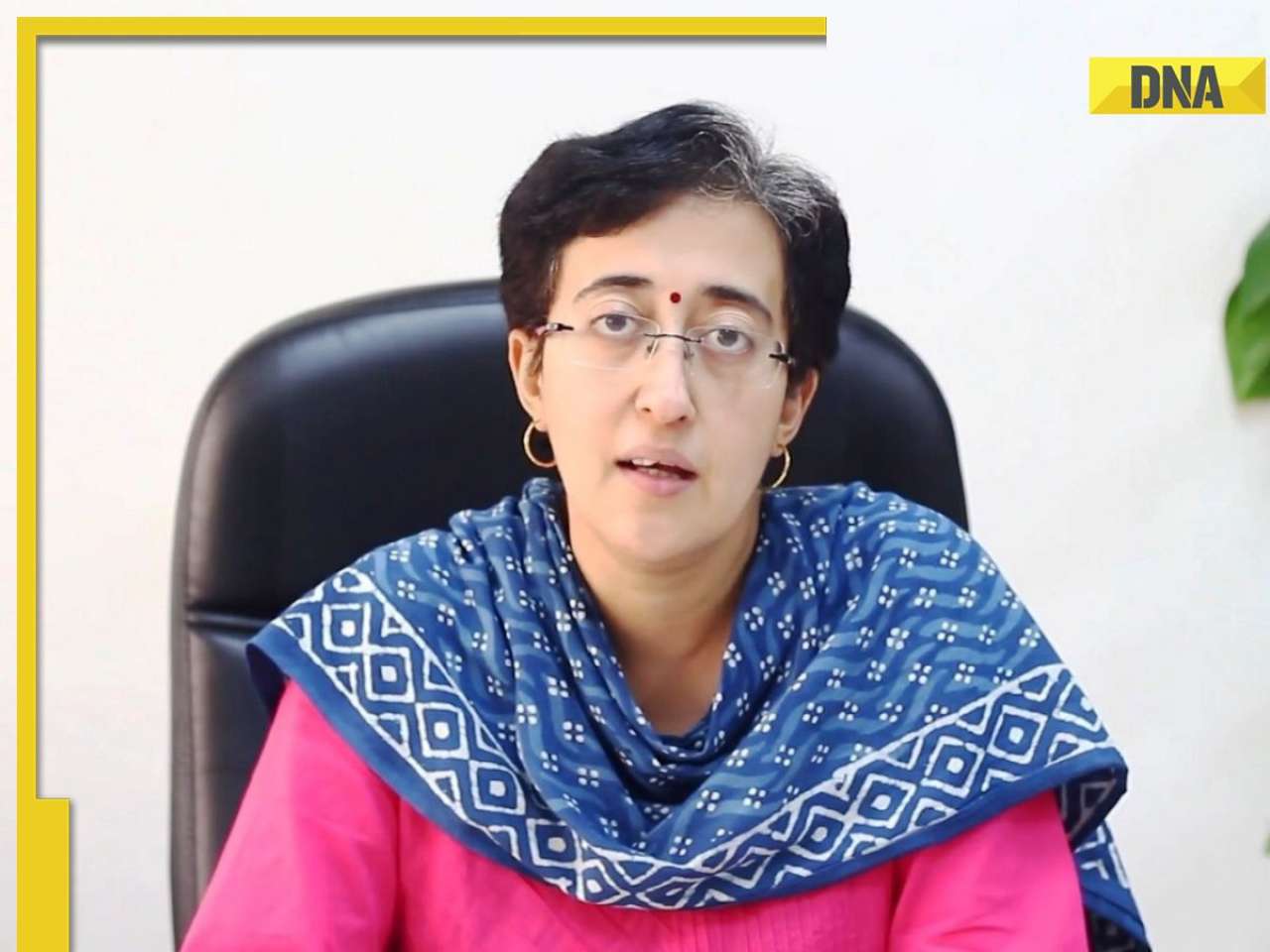
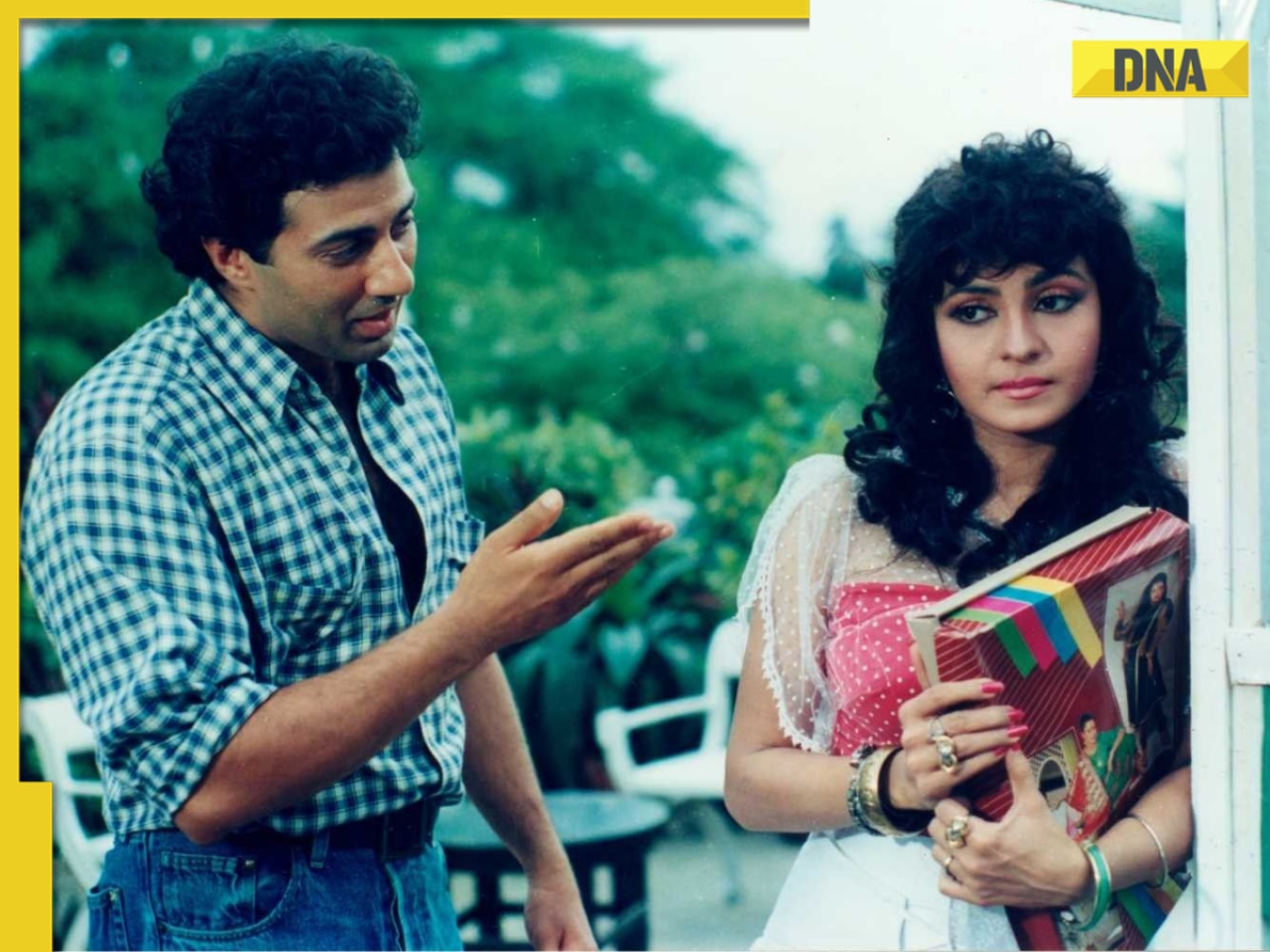







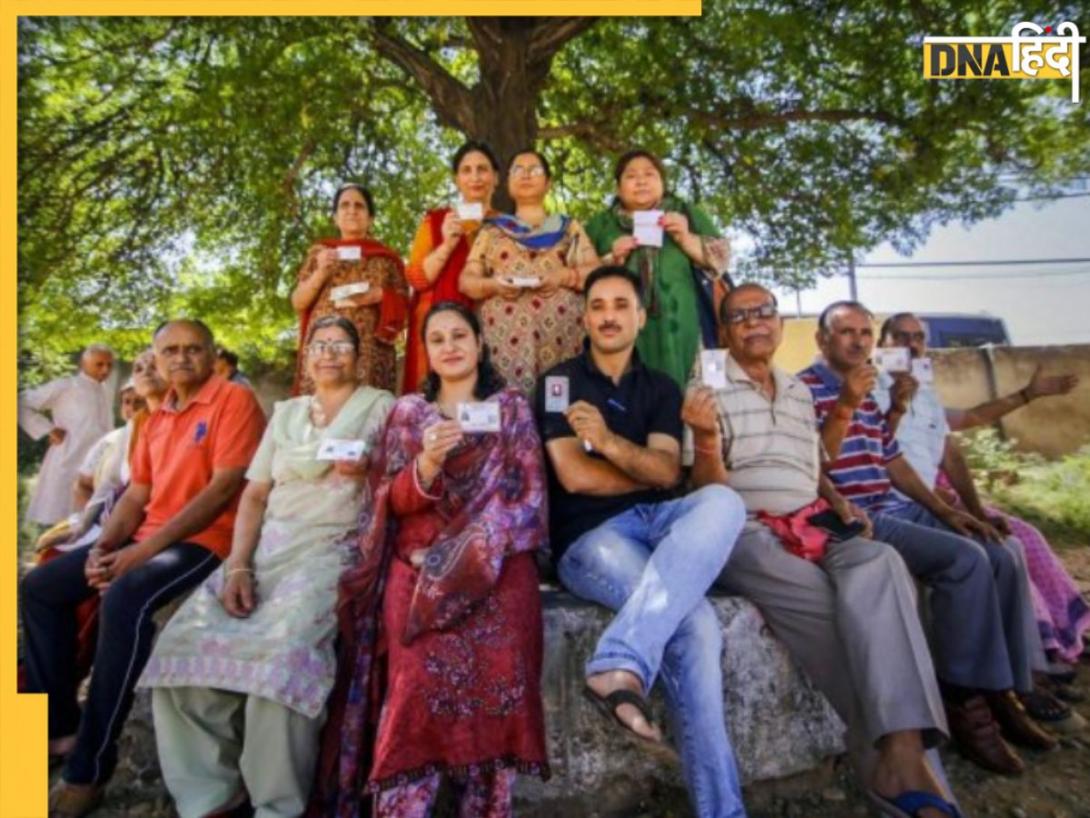

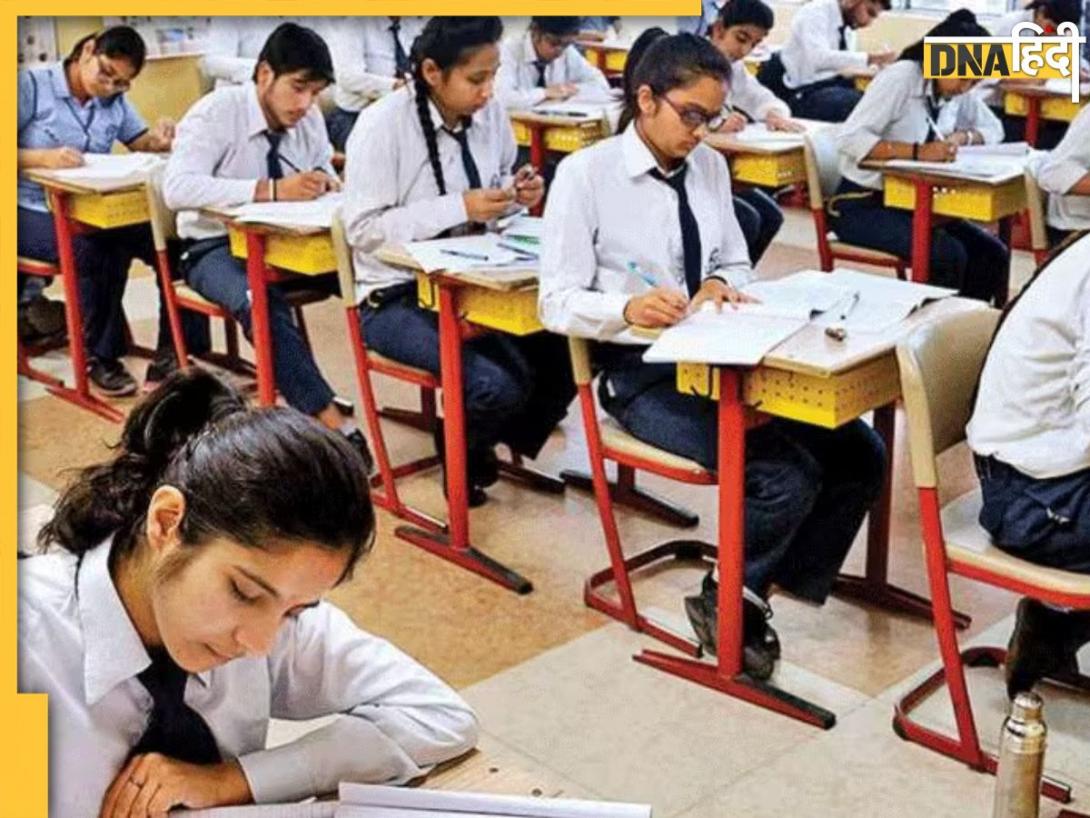










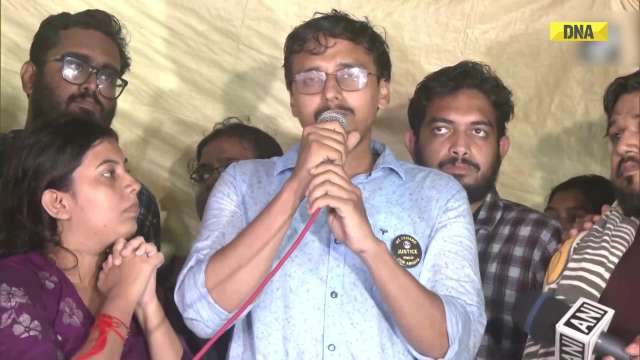
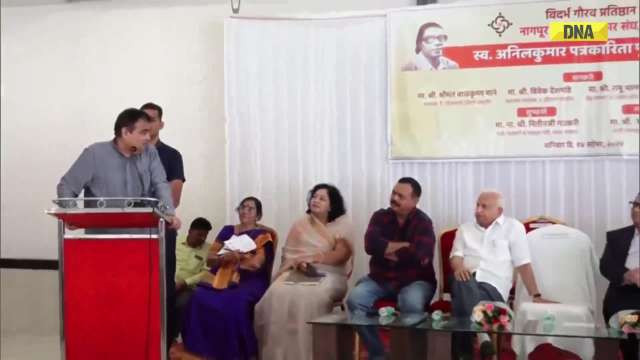
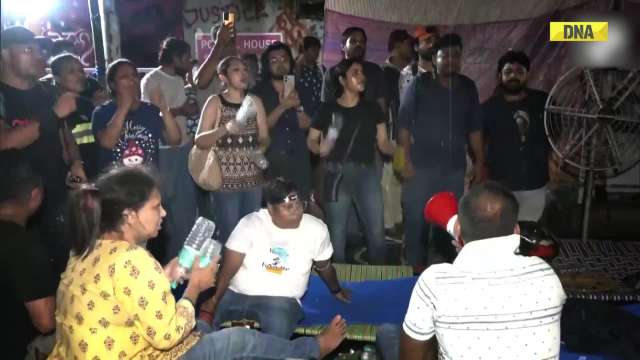

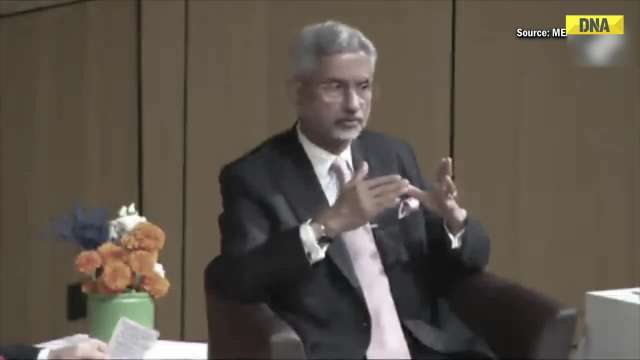



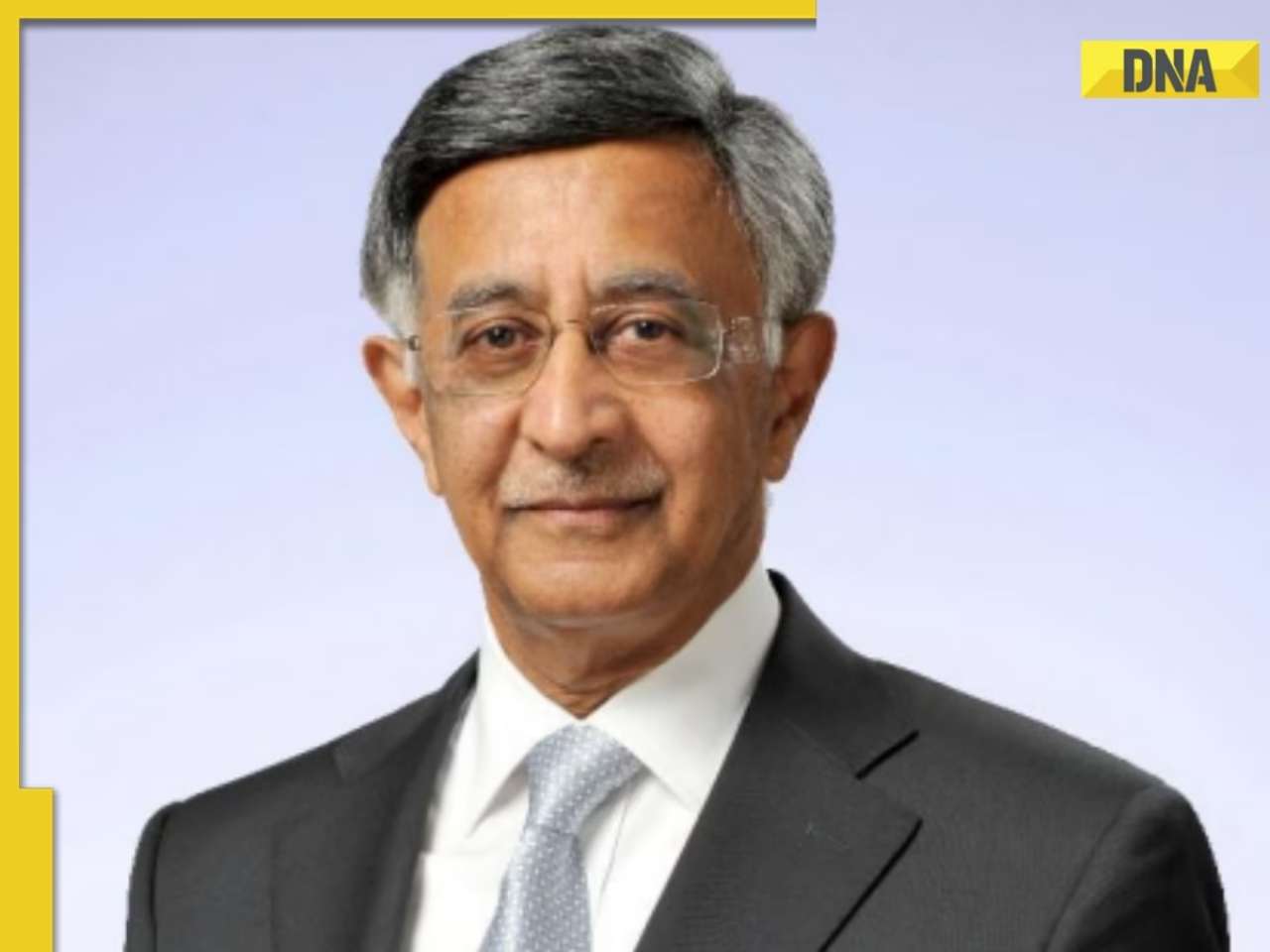





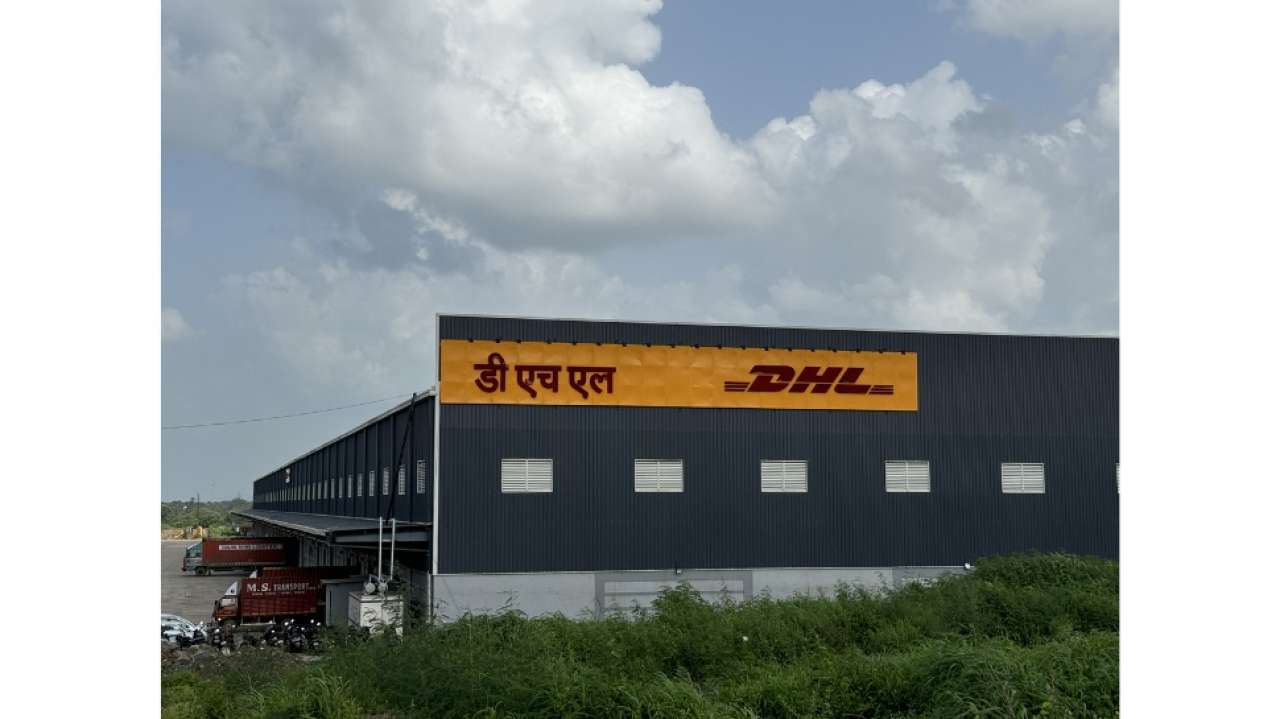
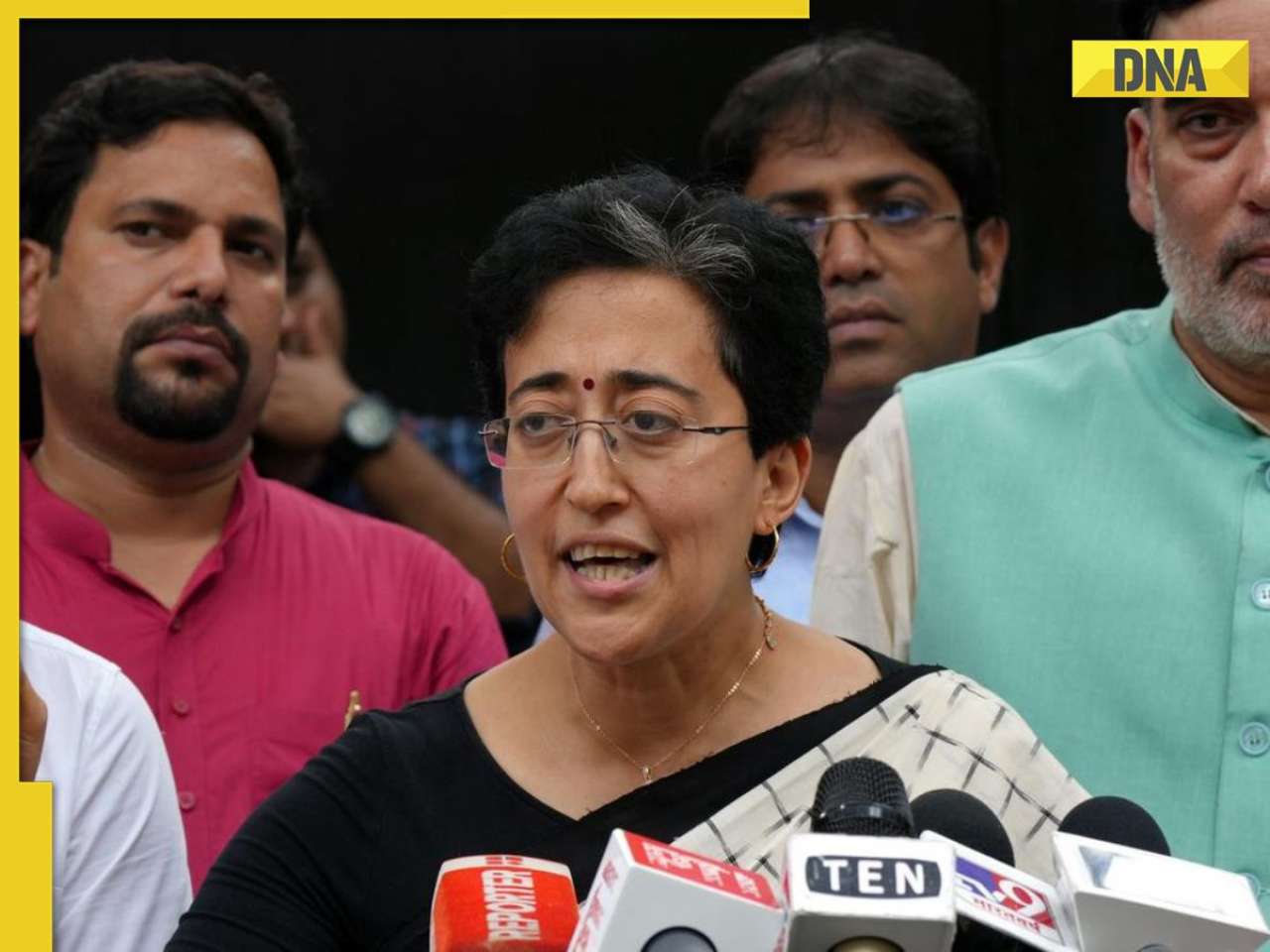
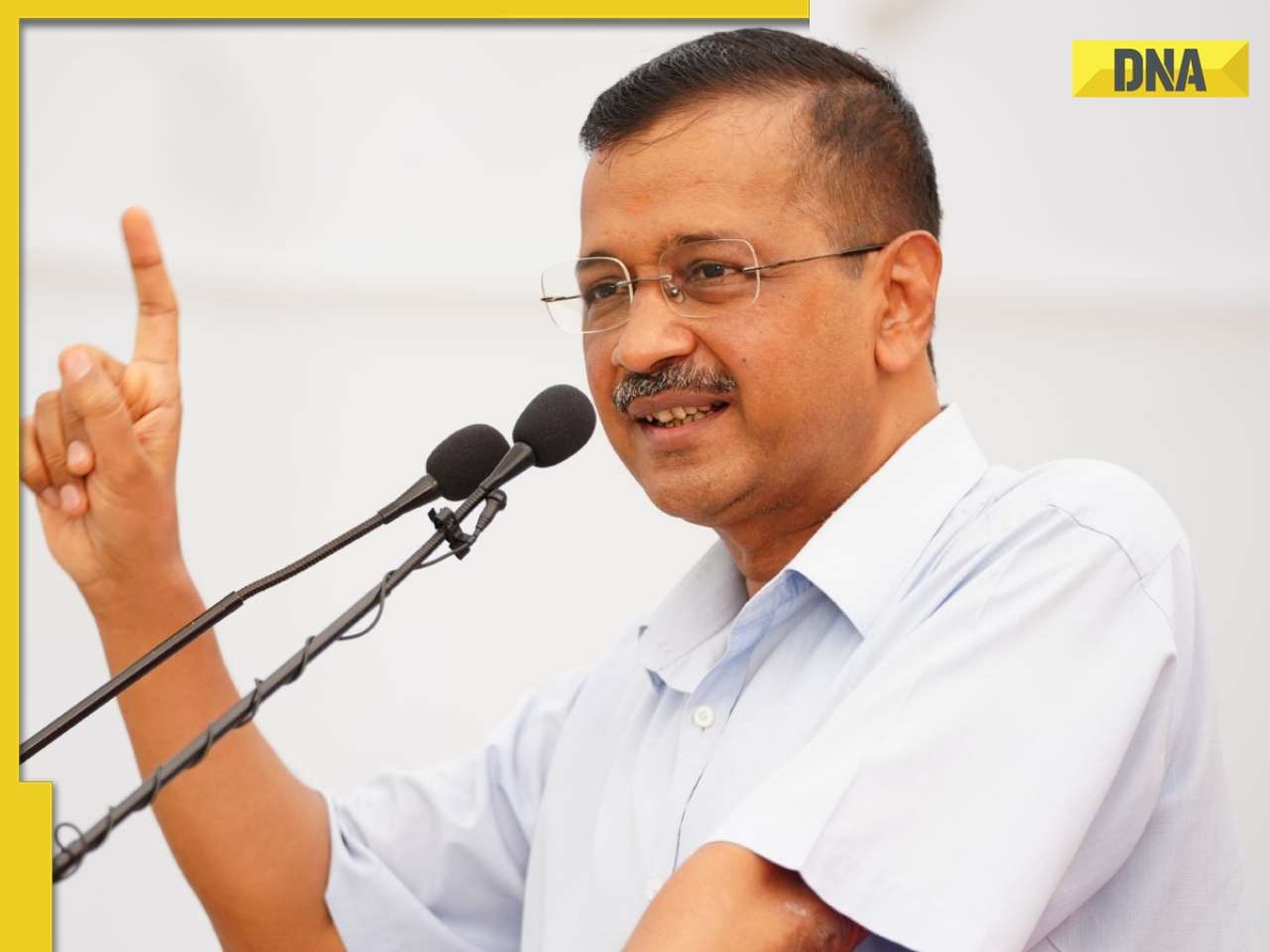



)
)
)
)
)
)
)
)
)
)
)
)
)
)





)
)
)
)
)
)